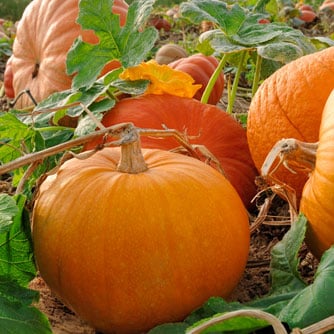Yellow-orange vegetables (such as carrots, sweet potatoes, pumpkin and winter squash) and dark-green vegetables (including broccoli, green beans, green peas, and spinach) are foods rich in the antioxidant alpha-carotene. Chaoyang Li, from the Centers for Disease Control and Prevention (Georgia, USA), and colleagues assessed the relationship between alpha-carotene and the risk of death among 15,318 adults, ages 20 and older, who participated in the Third National Health and Nutrition Examination Survey Follow-up Study. Over the course of the 18-year long study, 3,810 participants died. The team found that the risk for dying was lower with higher levels of alpha-carotene in the blood. Compared with individuals with blood alpha-carotene levels between 0 and 1 micrograms per deciliter, the risk of death during the study period was 23% lower among who had concentrations between 2 and 3 micrograms per deciliter, 27% lower with levels between 4 and 5 micrograms per deciliter, 34% lower with levels between 6 and 8 micrograms per deciliter, and 39% lower with levels of 9 micrograms per deciliter or higher. Writing that: “Serum alpha-carotene concentrations were inversely associated with risk of death from all causes, [cardiovascular disease], cancer, and all other causes,” the researchers conclude that: “These findings support increasing fruit and vegetable consumption as a means of preventing premature death.”
Alpha-Carotenes Linked to Longevity
Chaoyang Li; Earl S. Ford; Guixiang Zhao; Lina S. Balluz; Wayne H. Giles; Simin Liu. “Serum {alpha}-Carotene Concentrations and Risk of Death Among US Adults: The Third National Health and Nutrition Examination Survey Follow-up Study.” Arch Intern Med, Nov 2010; doi:10.1001/archinternmed.2010.440.




